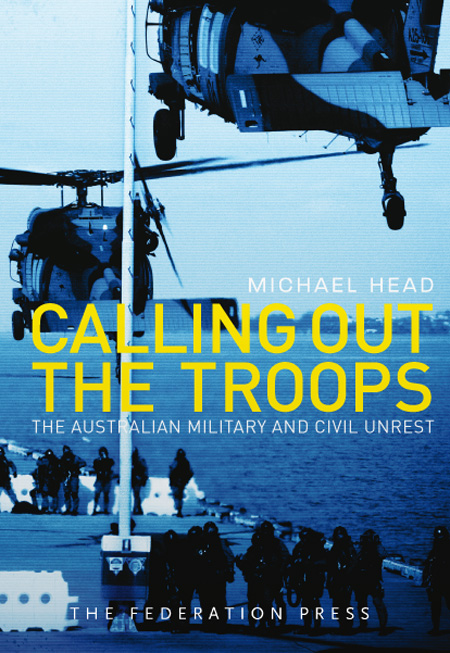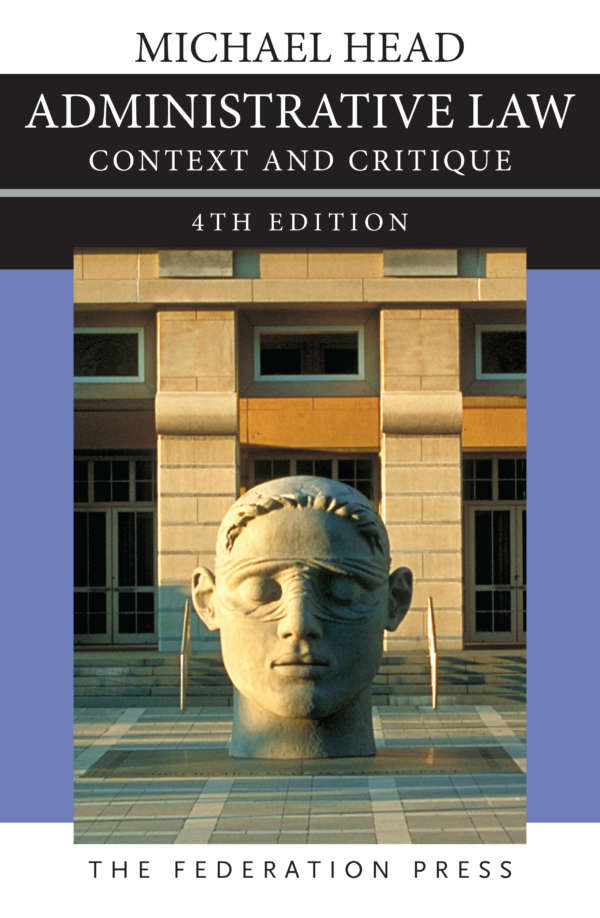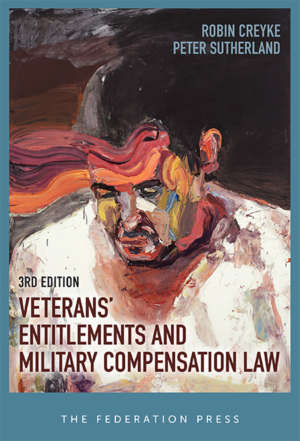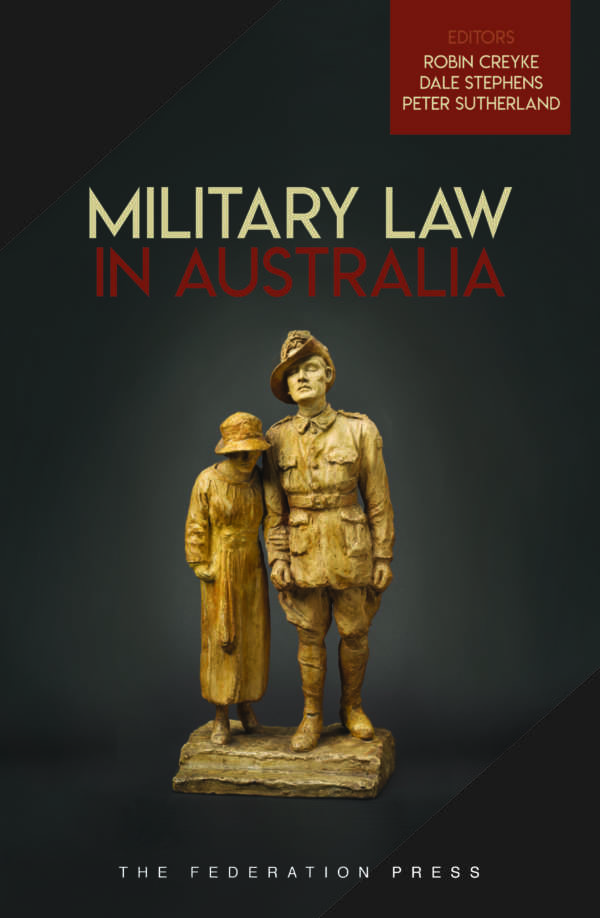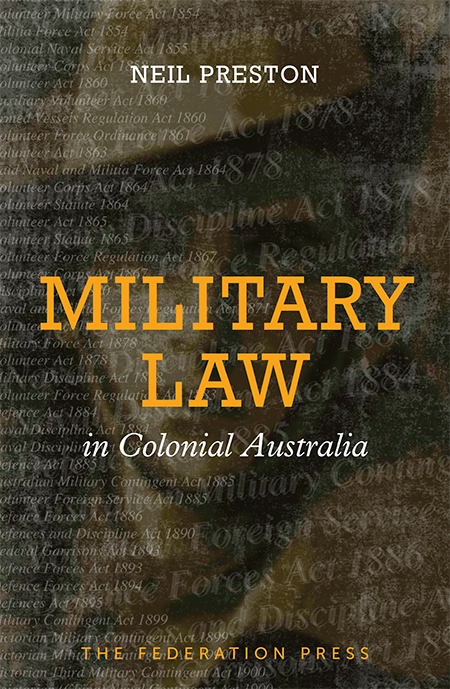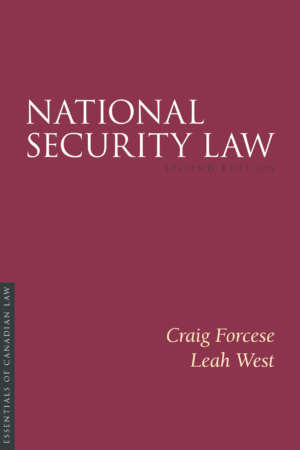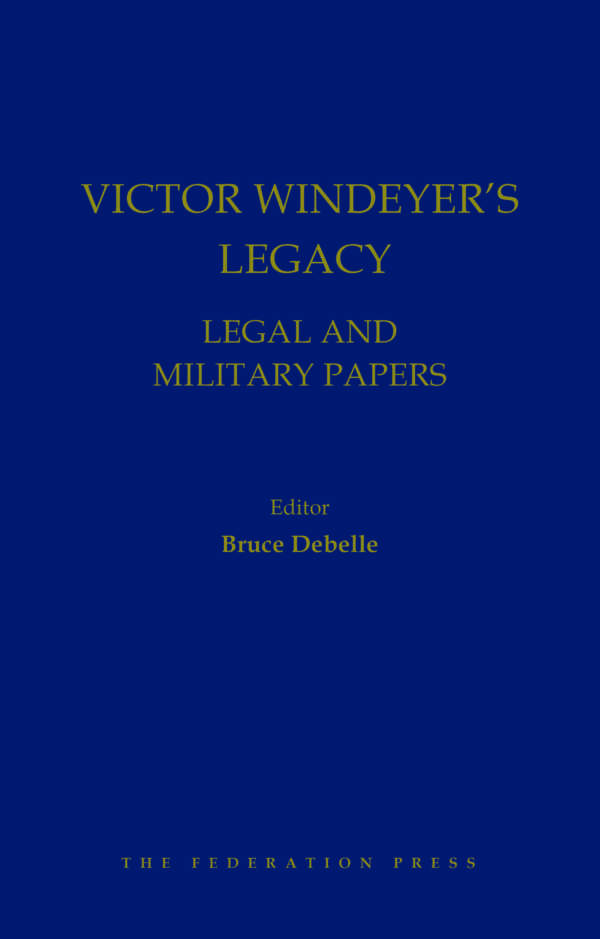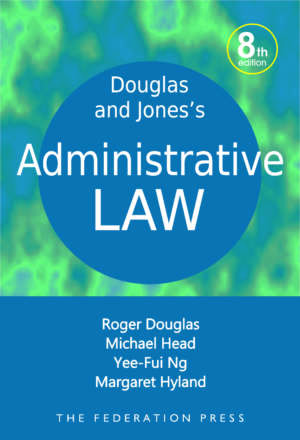Product Description
A recognised expert on military call-out law, Associate Professor Michael Head, examines the troop call-out legislation introduced in 2000 and 2006, and reviews the ongoing Constitutional and legal uncertainties.
This book raises a number of crucial issues that have received little public attention. The Australian Defence Force can be deployed on such vague grounds as ‘domestic violence’ and ‘Commonwealth interests’. Military commanders are given sweeping powers, including to use lethal force, shoot down civilian aircraft, interrogate people, raid premises and seize documents.
Furthermore, other powers may still exist – under the common law or the Australian Constitution – to invoke ‘military aid to civil power’ or even martial law. The Governor-General remains the Commander-in-Chief of the armed forces, and the vice-regal powers over the military are unclear.
While this book will be of particular interest to students, scholars and practitioners of law, as well as military lawyers and experts, it is also directed to members of the public, with the aim of stimulating much-needed debate.
Part One reviews the contours, context and historical origins of the callout laws, and the underlying militarisation of aspects of society. Part Two examines the details of the laws and explores the legal and Constitutional questions. Part Three outlines the global parallels and probes the political implications.

